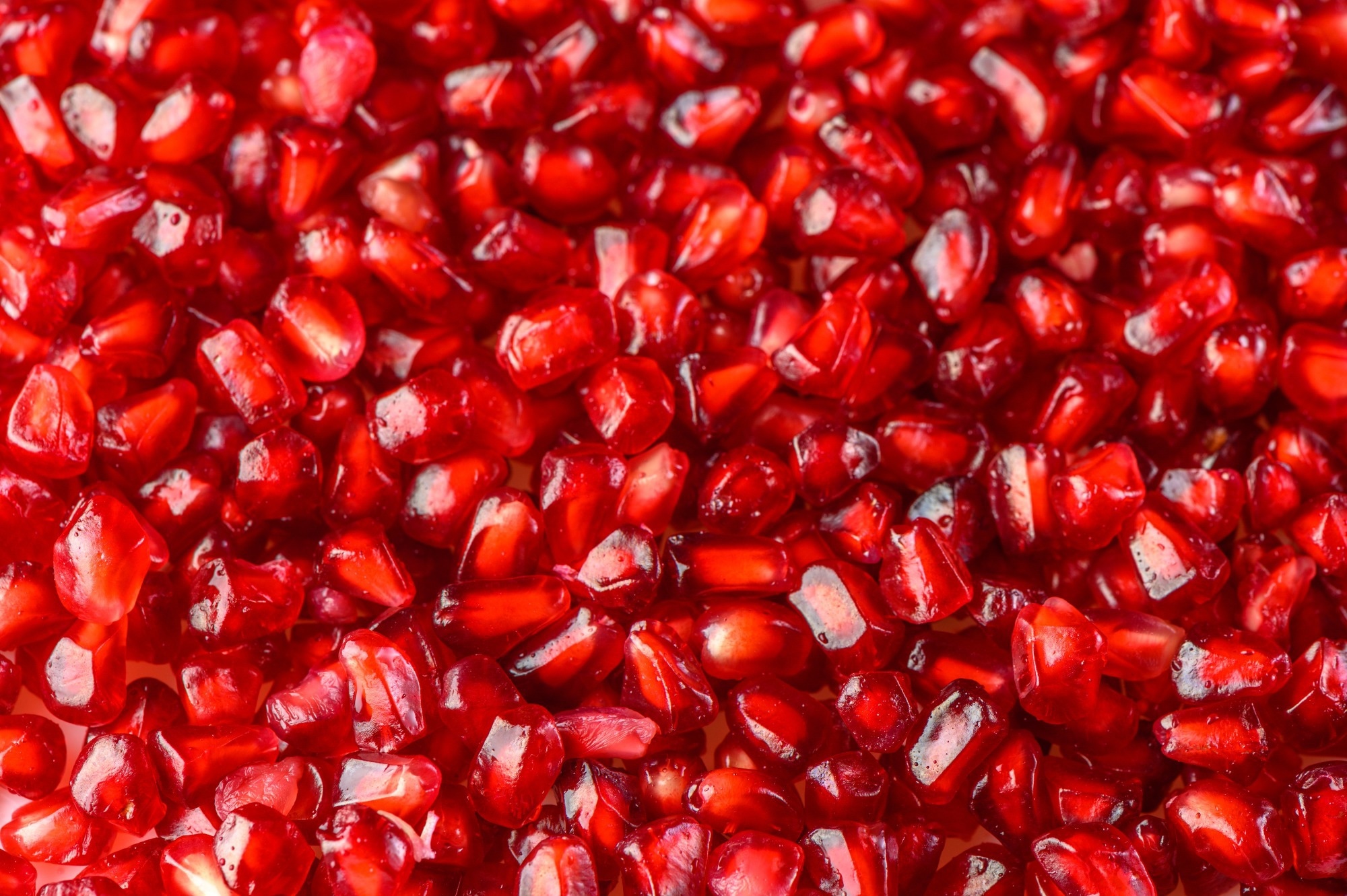A new study suggests that regular PE supplementation could support healthy aging by lowering systolic blood pressure and key inflammatory markers in adults over 55.
 Study: Effects of Pomegranate Extract on Inflammatory Markers and Cardiometabolic Risk Factors in Adults Aged 55–70 Years: A Randomised Controlled Parallel Trial. Image Credit: Mixa74/Shutterstock.com
Study: Effects of Pomegranate Extract on Inflammatory Markers and Cardiometabolic Risk Factors in Adults Aged 55–70 Years: A Randomised Controlled Parallel Trial. Image Credit: Mixa74/Shutterstock.com
Chronic low-grade inflammation often increases with age - a phenomenon known as inflammaging. This process is linked to a higher risk of conditions such as diabetes mellitus, cardiovascular disease, and neurodegenerative disorders in older adults.
A recent study published in Nutrients explored whether pomegranate extract (PE) could help mitigate some of these age-related risks in adults over 55.
Introduction
Pomegranate (Punica granatum L.) is a widely enjoyed fruit known for its rich polyphenol content, particularly punicalagin, a potent ellagitannin. Thanks to these compounds, pomegranate boasts impressive antioxidant activity - outperforming many other polyphenol-rich foods, including green tea.
In addition to its nutritional profile, pomegranate is a sustainable crop. It thrives in drought-prone regions, adapts to varied soil types, and requires relatively low water and energy inputs.
While PE has already been shown to offer anti-inflammatory, cardioprotective, and metabolic benefits in the general population, this study focused specifically on adults aged 55 to 70 who were either of normal weight or overweight.
About the study
The study involved 86 participants, most of whom were White British women with an average body mass index (BMI) of 24.
Their average systolic blood pressure (SBP) was 128 mm Hg - elevated, though not within the hypertensive range. In fact, 80% had SBP levels between 120 and 129 mm Hg.
Key findings
At the outset, participants showed a wide range of inflammatory markers. Roughly one-third had interleukin-6 (IL-6) levels within the lower end of the normal range, while just over half had tumor necrosis factor-alpha (TNF-α) within normal limits. Almost all participants had normal C-reactive protein (CRP) levels.
However, cardiometabolic risk factors were more common. Nearly 90% had total cholesterol levels above 5 mmol/L, and 80% had elevated low-density lipoprotein (LDL) cholesterol levels (>3 mmol/L).
Elevated triglycerides (TG > 1.7 mmol/L) were seen in 11% of participants, while low high-density lipoprotein (HDL) levels were found in only 4%. Fasting blood sugar levels were within the normal range for just over half of the group.
Over the course of the study, those who consumed PE experienced reductions in some inflammatory markers that were not observed in the placebo group. IL-6 levels dropped by an average of 5.47 pg/mL, and IL1-β also decreased significantly. CRP and TNF-α showed a downward trend, although not statistically significant.
Markers such as IL1-α and plasminogen activator inhibitor-1 (PAI-1) remained unchanged.
PE consumption was also linked to a reduction in SBP, particularly among participants with initially elevated readings. On average, SBP dropped by 5.2 mm Hg. Diastolic blood pressure (DBP) decreased by around 3 mm Hg, though this change wasn’t statistically significant.
Other metabolic indicators, including BMI, did not change significantly with PE use. This might be due to the relatively small proportion of overweight participants, limiting the ability to detect differences based on weight.
Notably, PE intake did not affect dietary habits, physical activity, or macronutrient consumption. The supplement was well tolerated, with high compliance reported.
From a clinical perspective, the drop in SBP is meaningful. A 5% reduction in SBP is generally associated with a 10% decrease in the risk of major cardiovascular events.
The proposed mechanism for this blood pressure benefit involves improved vasodilation. This is likely driven by ellagitannin-related reductions in oxidative stress and enhanced activity of endothelial nitric oxide synthase (eNOS).
Despite these promising findings, PE did not significantly improve other cardiometabolic markers in this study. The sample, predominantly composed of women with normal weight, may introduce selection bias and limit generalizability.
Conclusion
This study highlights the often overlooked cardiometabolic and inflammatory risks that can exist even among seemingly healthy older adults. Many participants had elevated SBP and inflammatory markers at baseline.
The results suggest that regular consumption of pomegranate extract may help lower SBP and certain inflammatory markers in this age group. As the authors note, “The consumption of pomegranate extract may offer a valuable, non-pharmacological strategy to promote healthy ageing.”
However, further research is needed. Larger, more diverse studies with longer follow-up periods will be essential to determine the long-term health impact of PE supplementation in older adults.
Journal reference:
-
Farhat, G., Malla, J., Vadher, J., et al. (2025). Effects of Pomegranate Extract on Inflammatory Markers and Cardiometabolic Risk Factors in Adults Aged 55–70 Years: A Randomised Controlled Parallel Trial. Nutrients. doi: https://doi.org/10.3390/nu17071235.